- September 9, 2024
- Aws Al-Ani
- Uncategorized
How Much Protein On A Keto Diet?

The ketogenic (keto) diet is all about maintaining the right balance of macronutrients—fat, protein, and carbohydrates. While most people focus on reducing carbs and increasing fat, it’s equally important to understand how much protein on keto is ideal to avoid jeopardising ketosis.
What Is the Keto Diet?
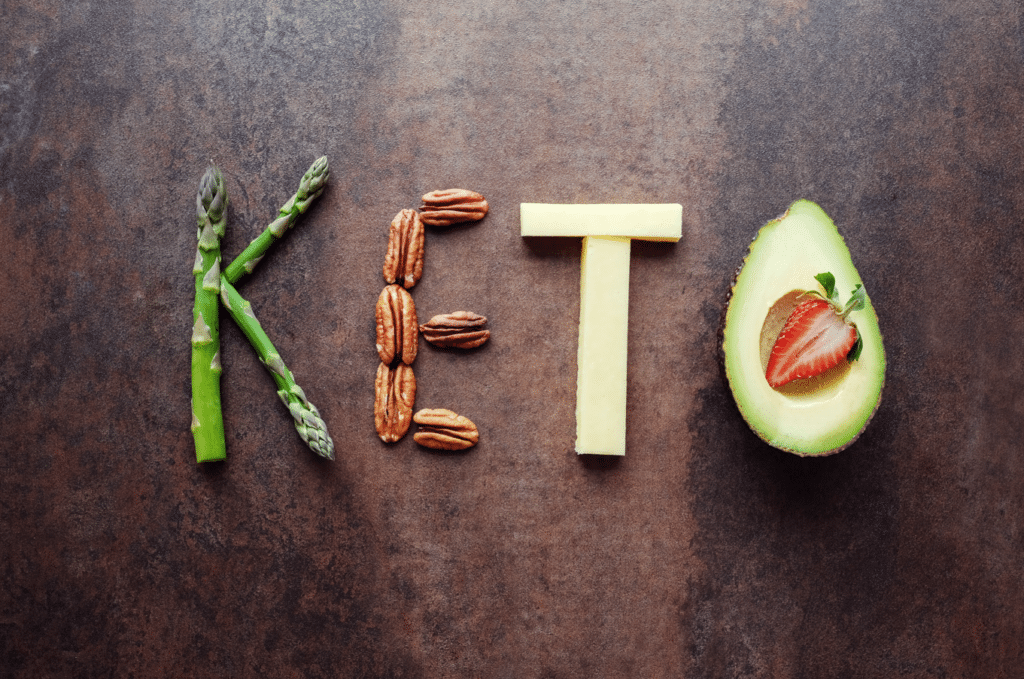
Before delving into how much protein on a keto diet is optimal, let’s quickly recap the basics. The ketogenic diet is a low-carbohydrate, high-fat diet designed to put your body into ketosis, a metabolic state where it burns fat for energy instead of carbohydrates. To achieve this, it’s essential to keep your carb intake very low, typically around 5-10% of your total daily calories. Fat makes up the majority, while protein sits somewhere in between.
Why Is Protein Important on Keto?
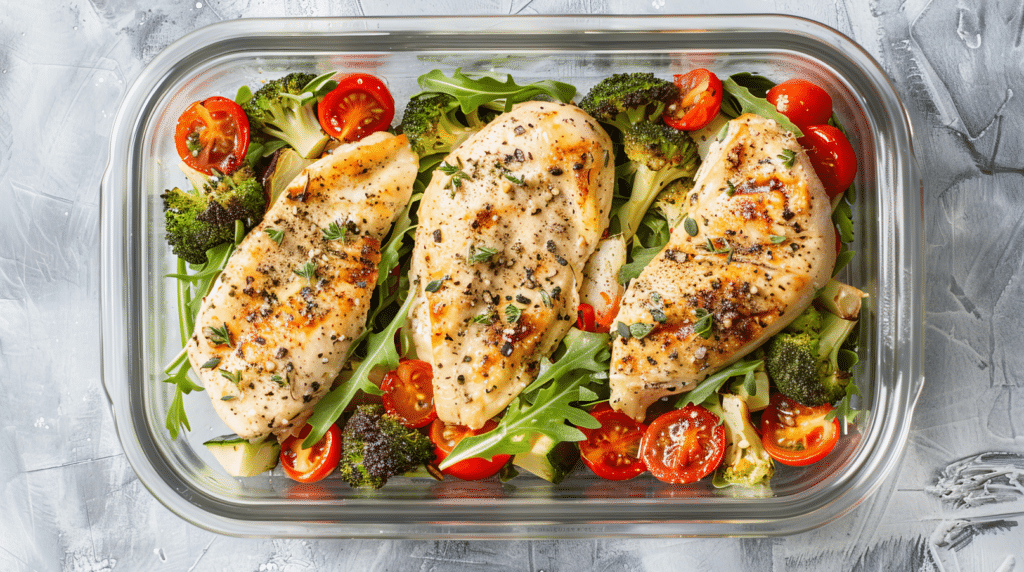
Protein is critical on a keto diet for several reasons. It helps preserve lean muscle mass, aids in cellular repair, supports metabolic functions, and keeps you feeling full. However, consuming too much protein can be problematic. Excess protein can be converted into glucose through a process called gluconeogenesis, which may potentially kick you out of ketosis.
How Much Protein on Keto?
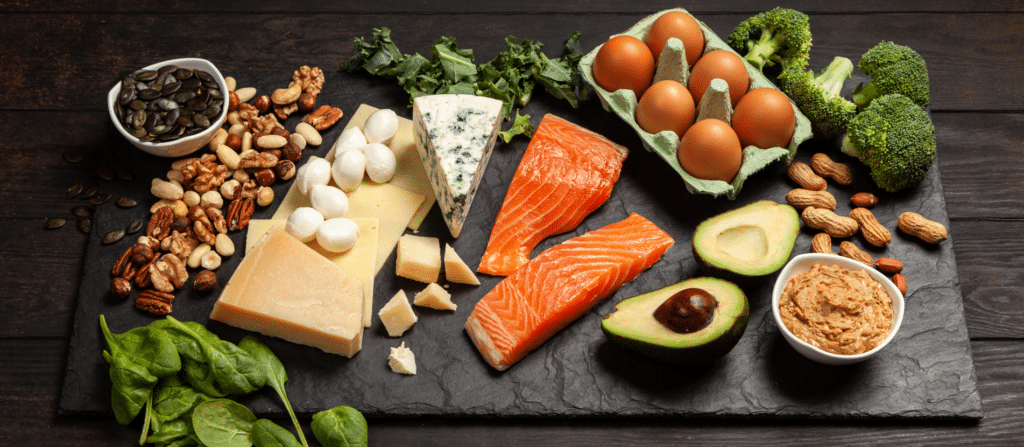
For most people, protein should make up around 20-25% of their total daily calories on a keto diet. But how much protein in a keto diet exactly depends on your individual needs, which vary based on activity level, age, and goals such as weight loss or muscle gain.
Here’s a general guideline to calculate how much protein you should consume on a keto diet:
- Sedentary Individuals: 0.6–0.8 grams of protein per kilogram of body weight.
- Moderately Active Individuals: 0.8–1.0 grams of protein per kilogram of body weight.
- Highly Active Individuals or Athletes: 1.0–1.2 grams of protein per kilogram of body weight.
How Much Protein on a Keto Diet for Weight Loss?

If weight loss is your goal, it’s important to maintain adequate protein intake to preserve muscle mass while burning fat. Typically, 0.8–1.0 grams per kilogram of body weight is recommended for those looking to lose weight on a keto diet. This ensures that your body gets enough protein to function while preventing muscle loss during the fat-burning process.
How Much Protein on Keto for Muscle Gain?
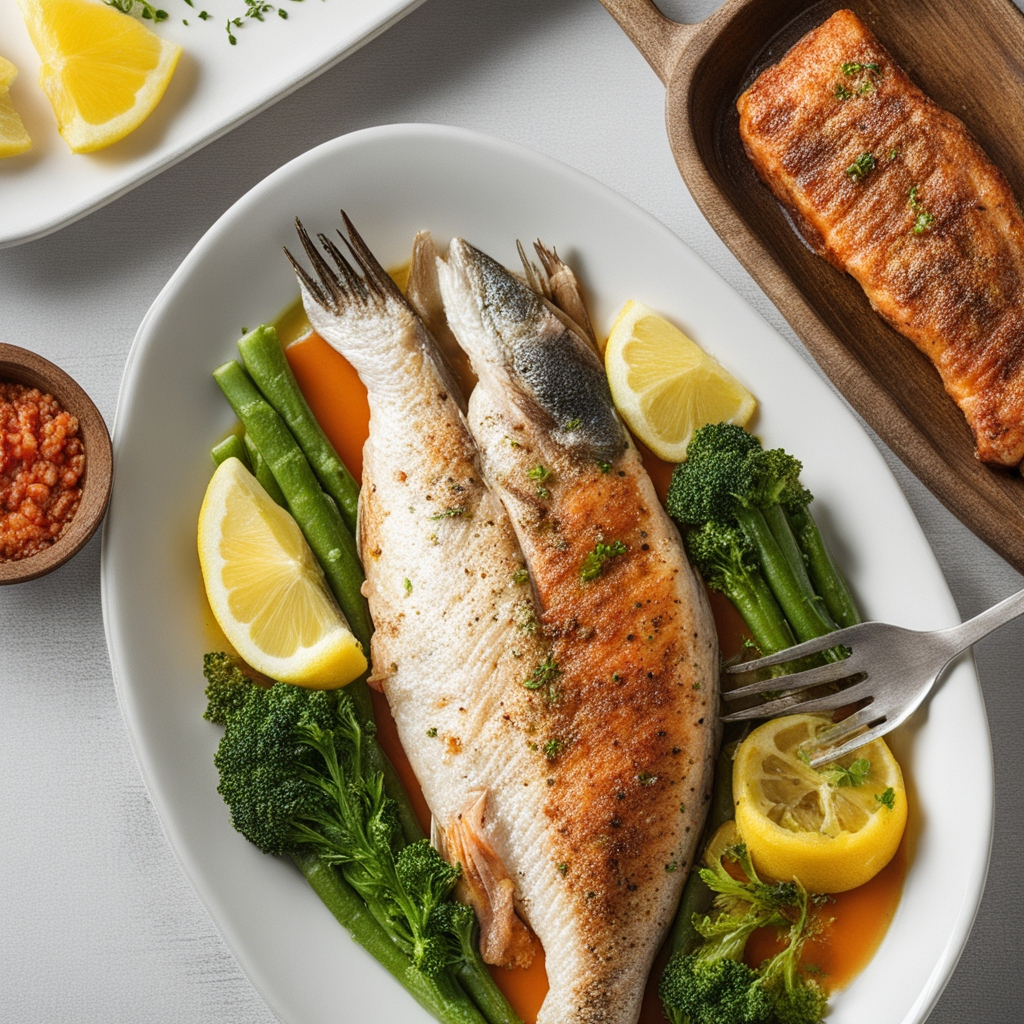
For individuals aiming to gain or maintain muscle, a higher protein intake may be necessary. Around 1.2–1.6 grams of protein per kilogram of body weight is generally advised for muscle-building goals. However, always ensure that your carb intake remains low to stay in ketosis.
Can You Have Too Much Protein on Keto?
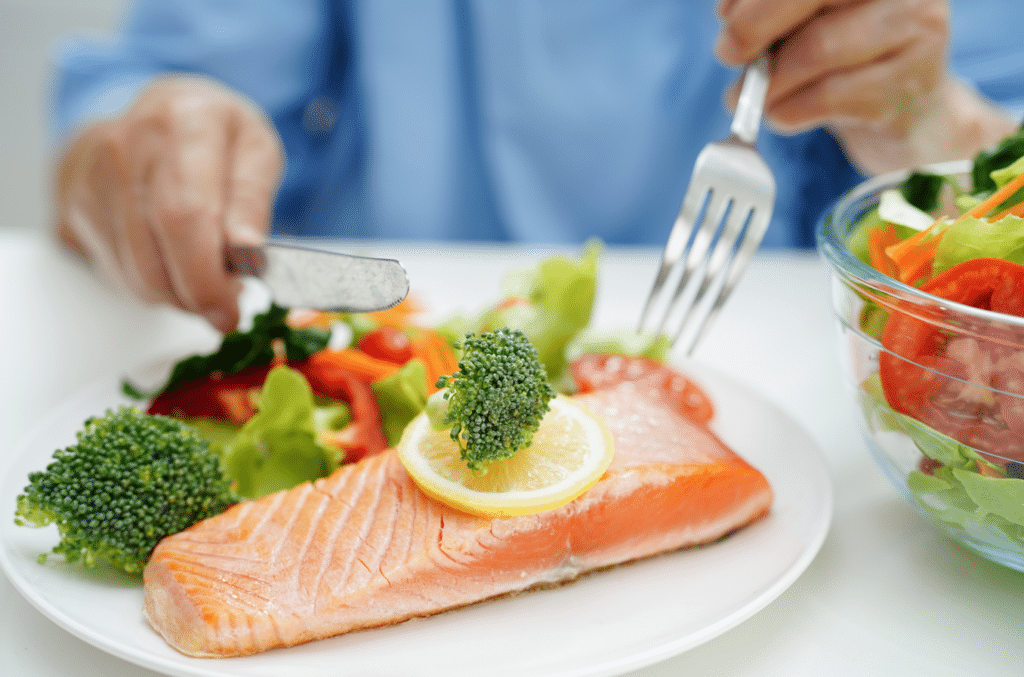
Yes, consuming too much protein can potentially knock you out of ketosis. When protein intake exceeds what your body needs for muscle repair and maintenance, the excess protein may be converted to glucose, causing blood sugar levels to rise. This process can reduce ketone production, hindering your progress on the keto diet.
Tips for Maintaining the Right Protein Balance on Keto

To ensure you get the right amount of protein on keto, follow these tips:
- Track Your Macros: Use a macro calculator to track your fat, protein, and carb intake.
- Prioritise High-Quality Protein: Focus on whole, unprocessed protein sources such as eggs, poultry, fish, and grass-fed meats.
- Don’t Skimp on Fats: Ensure you’re eating enough healthy fats to keep your body in ketosis.
- Monitor Your Ketone Levels: Test your ketone levels to confirm you’re in ketosis while adjusting your protein intake accordingly.
How Much Protein On Keto Diet? | Final Thoughts
Understanding how much protein on keto is optimal is key to successfully reaching and maintaining ketosis. Whether your goal is weight loss, muscle gain, or simply overall health, calculating the right amount of protein for your body is essential to support your keto lifestyle.
By following this guide, you’ll have a clear understanding of how much protein on keto is right for you, ensuring you achieve your health and fitness goals while staying in ketosis.
Interested In Speaking With A Keto Expert?

Book a free discovery call with Dr. Avi Charlton at Melbourne Low Carb Clinic. As an expert in low-carb nutrition, Dr. Charlton can provide you with the support you need to reach your health goals.
Ready to Begin Your Journey?
Start your path to better health today with Melbourne Low Carb Clinic. Book your free call now and take the first step towards a healthier you!
Book Free Discovery Call
